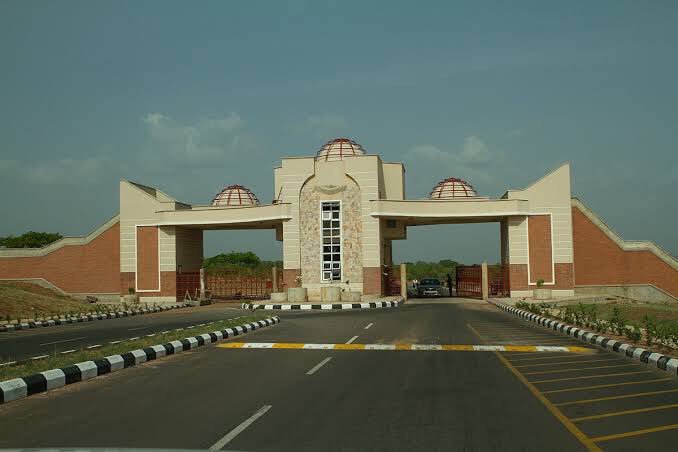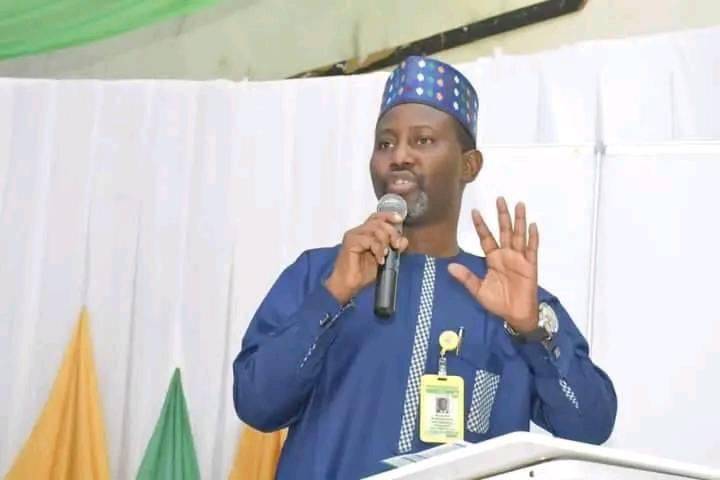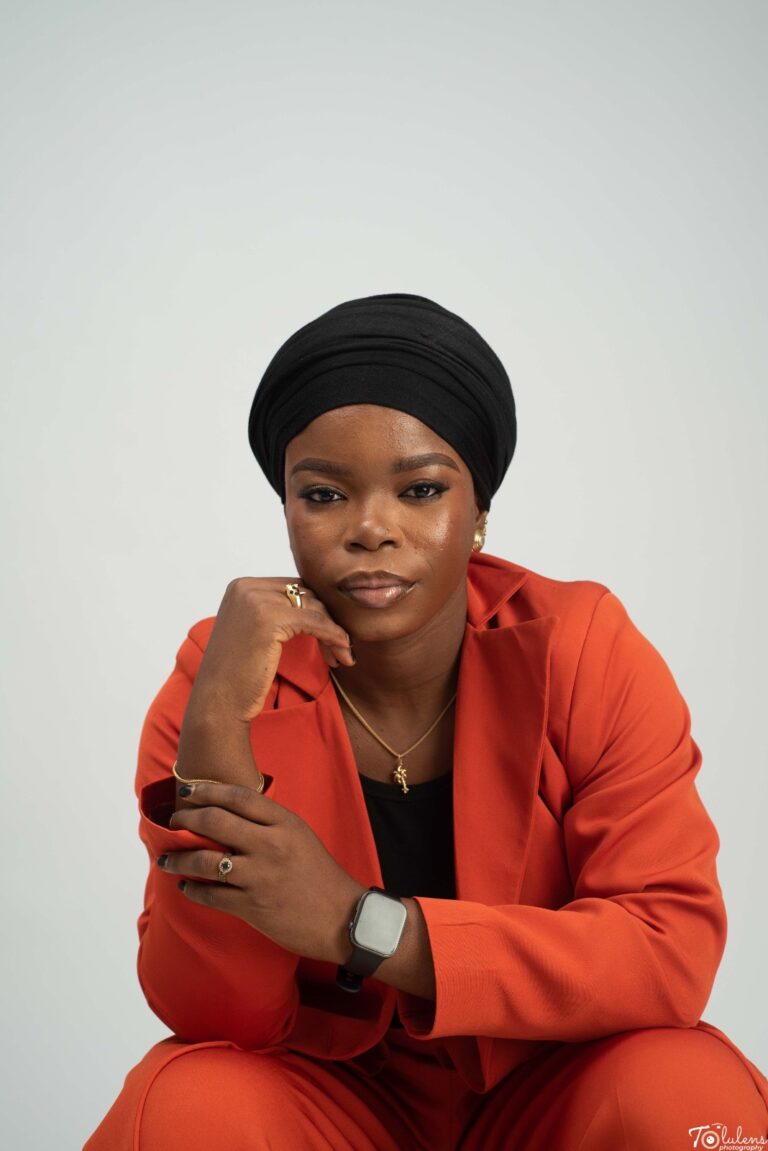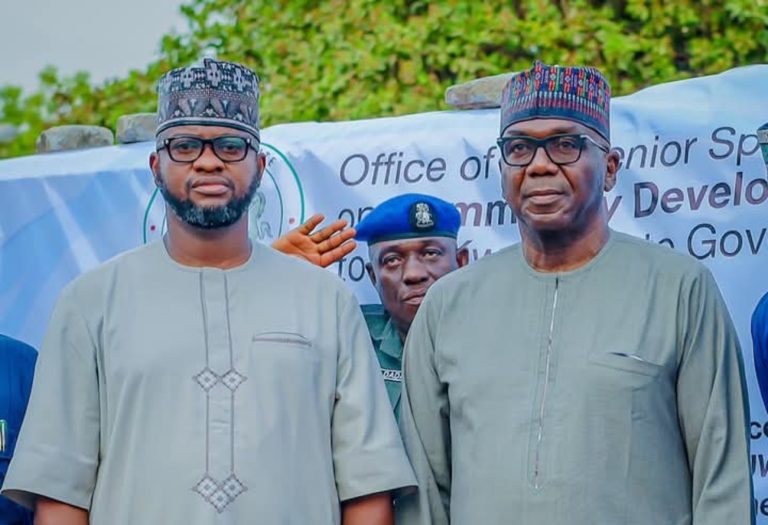Opinion | When Nigerian varsities teach craft, degrees start to mean more. Lessons from KWASU
By Jimoh Mohammed Bawa
In an age where the limitations of traditional education models are increasingly exposed by the realities of modern economies, Kwara State University (KWASU) in Nigeria has emerged as a forward-thinking institution committed to reshaping the future of its students. Through a deliberate and structured integration of compulsory vocational training into its academic framework, the institution is not only bridging the gap between theory and practice but also redefining what it means to prepare graduates for life beyond the classroom.
This progressive step reflects a broader understanding that education must be more than intellectual acquisition; it must also be functional, responsive, and empowering. In a world where degrees alone no longer guarantee employment or economic stability, KWASU’s model recognizes that survival and success depend increasingly on one’s ability to create, innovate, and adapt. By embedding entrepreneurship and practical skill development directly into its academic ecosystem, the university is delivering a clear message: the future belongs not just to those who know, but to those who can do.
Since its inception, KWASU has positioned itself as a Green University. One driven by community development and entrepreneurship and grounded in sustainability. One of the institution’s most enduring initiatives is its effort to promote environmental responsibility among its students. For years, students have been required to submit sachet water nylons and plastic bottles as part of the school’s recycling campaign. This effort, though simple on the surface, is rooted in a profound response to one of the most urgent challenges of our time: climate change.
We are witnessing the consequences of environmental neglect across Nigerian cities, clogged drains causing floods, rising temperatures intensifying heatwaves, and poorly managed waste systems creating unsanitary living conditions. Plastic waste, in particular, plays a devastating role in this crisis. In encouraging recycling, KWASU is not just teaching cleanliness; it is cultivating a generation of environmentally conscious citizens who understand that a clean environment is not a luxury, but a necessity for survival.
Yet, what truly sets this moment apart is the university’s bold leap in mandating practical vocational training across all departments. This is no longer a side initiative or extracurricular option. It is now compulsory, enforceable, and tied directly to student evaluation. The training covers a wide array of crafts, from chin chin production to popcorn making, izal and soap formulation, perfume creation, and more. These aren’t just workshops; they are platforms of empowerment. And the fact that students’ performances in these trainings are now reflected on their academic portals adds legitimacy and seriousness to the initiative.
This is not merely policy. It is foresight. It is leadership. And it is deeply commendable.
Much credit is due to the university’s current leadership, especially the Vice-Chancellor, Professor Shaykh-Luqman Alade Jimoh, and all the present and former Directors. What they have done is not just administrative work; it is vision in action. They understand that the role of a university is not to churn out certificate holders who roam the streets in search of jobs that do not exist. It is to produce capable, versatile individuals who are equipped with the skills, mindset, and resilience to create their own opportunities and contribute meaningfully to society.
In a country like Nigeria, where youth unemployment is a pressing concern and the formal economy cannot absorb the growing number of graduates each year, the importance of self-reliance cannot be overstated. History has shown that practical skills, when combined with vision and discipline, can change lives. The story of Mrs. Folorunsho Alakija comes to mind: a woman who ventured into fashion with determination and transformed her entrepreneurial spirit into one of the most inspiring success stories in Africa. Her rise is a reminder that wealth creation often begins not with capital, but with craft.
What KWASU has done is institutionalize that possibility to give every student, regardless of department or discipline, a fair chance at discovering their own path to sustainability and success. This is a revolutionary shift. If replicated nationwide, it could redefine the future of education in Nigeria. We have for too long depended on the illusion that white-collar jobs will redeem us. They won’t. Not alone. Not anymore. What will is what KWASU is doing: training minds and hands together and nurturing the entrepreneurial seed early.
To the students of KWASU, I speak from the heart: this is not just an assignment. This is your moment. Take it seriously. Embrace it with the same energy you would give to your final exams because the skills you are learning now could one day feed you, fund you, and free you. The goal is not just to pass; the goal is to thrive. To stand on your own. To graduate with something more than a certificate. To graduate with value.
“Iṣẹ́ ni òògùn ìsé.”
(Hard work is the cure for poverty)
This training is more than a requirement. It is a gift. A tool. A weapon in your hand as you prepare to enter a world that will test your resilience. Learn that skill with the intention of mastering it. You may never know the day it will save you. You may never know how many others will eat from what your hands produce in the future.
KWASU has set an example worthy of national replication. What the university has done deserves recognition not only in academic circles but also in policy discussions and national education reform. It is an embodiment of what education must become: functional, inclusive, sustainable, and transformative.
This is not just schoolwork. This is nation-building.
Bawa is a Chemistry graduate of Kwara State University, certified in Community Development. He is also a practicing Media Strategist.
The views expressed in this opinion piece are those of the author and do not necessarily reflect the views or policies of the editorial team or the publication.


![[Op-ed] A Governor and his love for probity](https://theinformant247.com/wp-content/uploads/2020/09/Kwara-State-News-The-Informant24720200917_120842-768x432.jpg)




